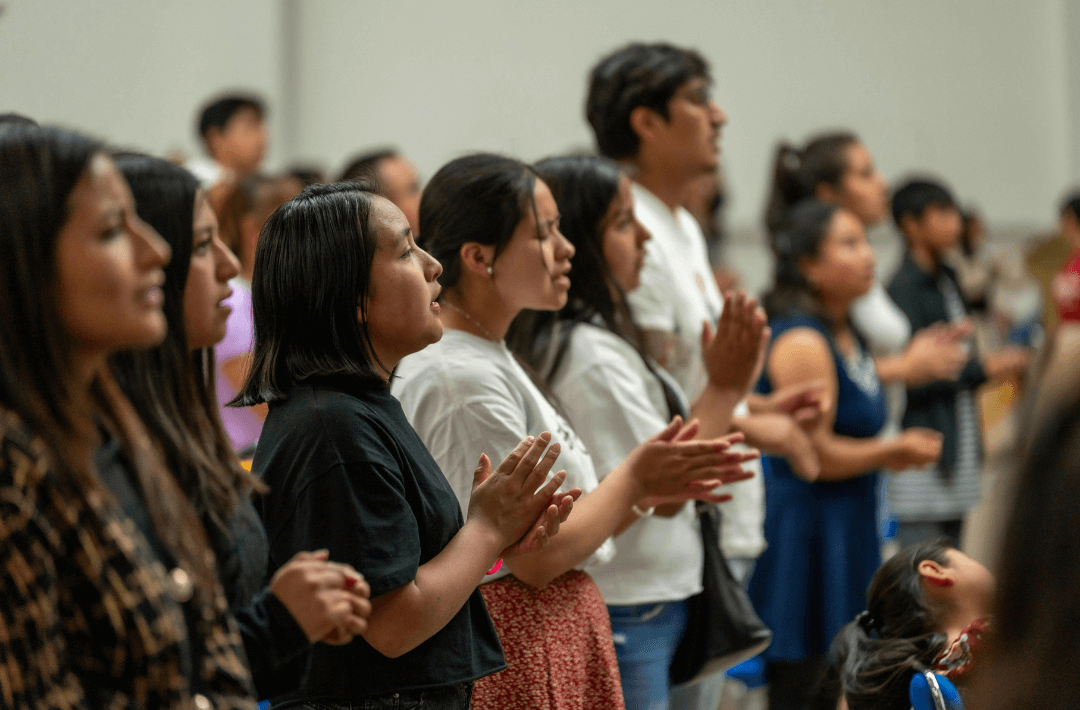Book Now
Menu
It’s Pride Month again: when every burger joint, bank, and Big Tech monolith suddenly discovers their inner corporate clip-art rainbow within. I won’t lie: the corporate confetti makes me roll my eyes so hard I just about sprain something. But still, underneath all of the rainbow-washing, Pride stands for something amazing. It’s people’s permission slip to step out of grayscale and breathe in full technicolor, to be yourself, a reminder that existing exactly as you are is its own small revolution, even if most of the world keeps squinting at you and seeing something else entirely. This month, more than ever, is about embracing complex identity and living our truths without apology.
➡️ Learn more about why visibility matters in identity expression in this post about discovering your neurodivergent identity later in life.
People aren’t always what they seem. Not really. That polished guy in the suit who smokes cigars, talks big, and gambles even bigger on sports? He cries at the sight of his children. The beautiful PTA mom with the pageant-winning smile? She hasn’t felt secure in herself since childhood. For many reasons, we don’t let everyone into every aspect of our lives. The world likes tidy labels, clean lines, and stories that make sense on a billboard and allow you to place people into conceptual boxes that have no place in reality.
But real people? We’re rarely that simple. Embracing complex identity means honouring the messy, layered realities that define us—and refusing to simplify ourselves just to make others more comfortable.
Take me, for example. I’m a bisexual man. Hell, even that isn’t quite accurate—it’s just a simplistic shorthand that I often use to tell people I’m sexually attracted to all sorts of people, should they spark my interest. I also happen to be in a 20-year long relationship with my partner (a biological woman). Which means, to the outside world, I am mostly perceived as straight. Not because I’m hiding anything, not because I’m playing pretend, but because that’s how people tend to see me. Straight-presenting.
This label-loving world helps us come to conclusions about things fast and easy, but it does so at a cost. It’s great for making snap judgments under pressure where the stakes are high, but is absolutely horrendous at understanding complexity. And human beings are some of the most complicated things this universe has to offer. Yet the people of today tend to be painfully overly reliant on labels as a means of relating to one another. Whether it be someone’s hobbies, the car they drive, or the music they listen to, people too frequently use these indicators as data points to determine the labeled identity of the caricature that they’re interacting with—all the while forgetting to get to know the people behind the label. Embracing complex identity means accepting that how we’re perceived isn’t always how we live or love.
When people focus myopically on the label instead of actually getting to know someone, they miss real connection. They may paint with a broad brush, make assumptions, and either actively or accidentally create divides. Assumptions are sneaky bastards. They’re steeped in arrogant confidence—the kind that inspires people to make jokes they think you’ll laugh at, toss out slurs they don’t believe apply to you, and start conversations you’re expected to nod along with while something inside you tightens. I’ve seen people’s sexism, heterosexism, and prejudice unfiltered—because they didn’t realize they were speaking to the very people they were targeting. Embracing complex identity also means acknowledging how frequently identity gets erased—especially when it doesn’t fit the stereotype.
Despite exposure to substantial prejudice, I’m not ashamed. Not confused. Not lost. My sexuality is not something I’m working through. It’s not a phase I didn’t grow out of or a kink I forgot to keep private. It’s just a part of me. Like my spicy food addiction, my odd music taste, or my inclination to call things out. My sexuality is fluid, dynamic, and personal. I’ve had partners of all sorts—some long-term, some fleeting, some overlapping. These experiences helped shape who I am. Hedonic expression is self-expression. And no relationship—past or present—invalidates my identity. Neither do assumptions.
That’s something the more controlling critics misunderstand. They act like identity is a choice, like their approval or disapproval can determine your truth. You don’t stop being queer, neurodivergent, trans, racialized—or anything else—because someone’s imagination is limited. Their need to categorize you is about them, not you. They want safety, not accuracy. They want labels that make them feel better.
Identity doesn’t require consensus. It exists regardless. The only person who gets to define you… is you.
When I was younger, I’d lead with my identity, ready to debate and justify. Now? I don’t waste time explaining myself to people who’ve already assigned me a box. You could hand some folks a handwritten letter from your soul and they’d still skim it for typos. So I write this for those who get it—or need to hear it.
You don’t need to simplify your complex identity to be understood. You don’t have to shrink into a label. You don’t need to brace yourself for judgment. You don’t need to win anyone over.
I’ve been there. I’ve walked into rooms and felt invisible and spotlighted at once. I’ve exhausted myself explaining. So, here’s what I want my clients—and anyone who needs to hear it—to know:
You don’t owe the world an easy-to-read version of yourself. You don’t have to round your edges to make others comfortable. Your sexuality and identity aren’t branding. They’re not a campaign. They’re yours.
They’re going to be messy, nuanced, complex, and ever-evolving—and each part is valid.
Whether you’ve known who you are since childhood or you’re only now discovering it—welcome. Whether you live loudly or quietly—welcome. Whether you fit inside a box or overflow gloriously—welcome.
You don’t have to explain yourself. You just have to show up.
If you want to know more about yourself or are finding it challenging to find your authentic self, please book with Aaron

